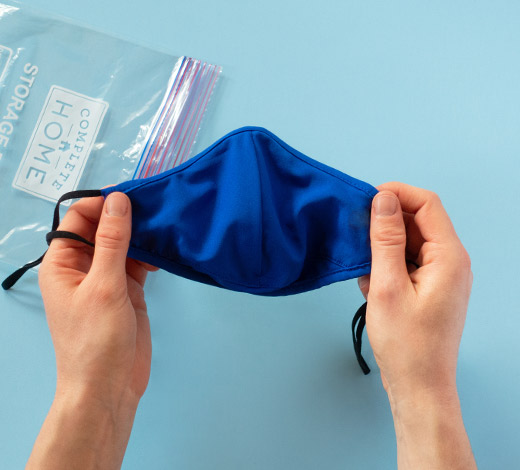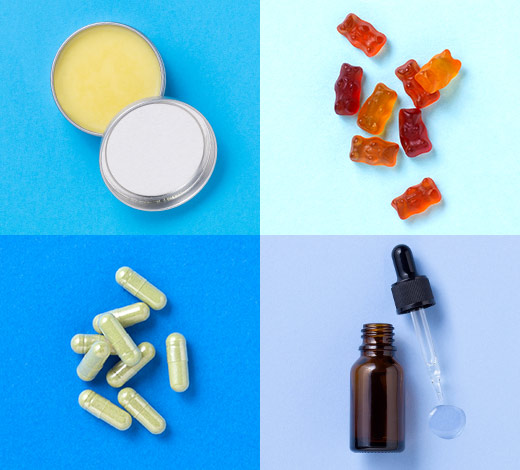Our immune systems are so intricate that scientists haven’t quite figured out what exactly enhances immune response. In fact, there’s no magic pill or other quick fix to boost your immune system. But healthy habits can go a long way in keeping sicknesses at bay. Every system in your body works better when you follow a healthy lifestyle, and your immune system is no different.
Choose nutritious foods
Protein, zinc, and vitamins A, C, and E are some of the nutrients that may help protect you against infections. Eat a diet rich in fruits, vegetables, whole grains, and lean sources of protein, such as eggs, seafood, poultry, and nuts.
Get moving
It’s known that exercise can lower the risk for chronic conditions, such as heart disease. But the link between physical activity and the immune system isn’t fully clear. Still, regular, moderate physical activity is likely to energize you and keep you healthy. Be active for 30 minutes, five days a week. Try brisk walking or biking. Always ask your doctor before increasing your activity level.
Don’t smoke
Tar and other chemicals in cigarettes can wreak havoc on your immune system, increasing your risk for sicknesses. If you smoke, ask your doctor or pharmacist for help to quit, and check out these resources.
Get enough shut eye
Sleeping for at least seven hours a night may reduce your risk of catching a cold. Not only can lack of sleep up your chance of infections, but it may also extend your recovery time from illnesses.
Drink alcohol only in moderation
Studies show that a single episode of binge drinking may reduce your immune response hours later. If you choose to drink, do it in moderation. Women should have no more than one drink per day, and men should limit themselves to two alcoholic beverages each day.
Keep stress in check
Long-term exposure to stress hormones can overwhelm the immune system. This means if you have chronic stress, you may be more likely to get sick. While you may not be able to remove stressors from your life, managing stress better may improve your health. Try exercise, meditation, or talking with a friend.
Connect with friends
Research shows that loneliness can increase your chances of coming down with a bug. Make an effort to connect with others. Having just a few close friendships may improve your health.
Wash your hands
Along with having a healthy lifestyle, washing your hands often can also help keep germs away. Wash your hands with soap and running water, and scrub them together for at least 20 seconds before rinsing. When soap or water isn’t available, use an alcohol-based hand sanitizer with at least 60% alcohol.
Clinically reviewed on 3/10/2020
Sources:
How to boost your immune system. Harvard Health Publications, https://www.health.harvard.edu/staying-healthy/how-to-boost-your-immune-system
Protecting your health with immune-boosting nutrition. Academy of Nutrition and Dietetics, http://www.eatright.org/resource/health/wellness/preventing-illness/protect-your-health-with-immune-boosting-nutrition
Exercise and immunity. Medline Plus, https://medlineplus.gov/ency/article/007165.htm
Besedovsky L, Born J. Sleep, don’t sneeze: Longer sleep reduces the risk of catching a cold. Sleep. 2015: 38(9);1341-142. https://academic.oup.com/sleep/article/38/9/1341/2417959/Sleep-Don-t-Sneeze-Longer-Sleep-Reduces-the-Risk?searchresult=1
Lack of sleep: can it make you sick? Mayo Clinic, http://www.mayoclinic.org/diseases-conditions/insomnia/expert-answers/lack-of-sleep/faq-20057757
Stress weakens the immune system. American Psychological Association. http://www.apa.org/research/action/immune.aspx
Health effects. U.S. Department of Health and Human Services, https://smokefree.gov/quitting-smoking/reasons-quit/health-effects
Afshar A, Richards S, Mann D, et al. Acute immunomodulatory effects of binge alcohol ingestion. Alcohol. 2014: 49(1);57 64, http://www.sciencedirect.com/science/article/pii/S0741832914201868
Frequently asked questions. Centers for Disease Control and Prevention, https://www.cdc.gov/alcohol/faqs.htm


